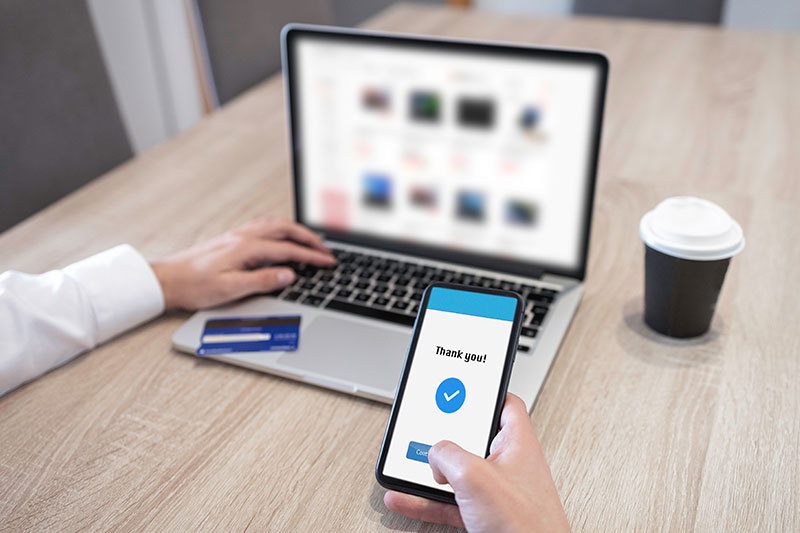5 MinsJune 09, 2021

During the lockdown, while there has been a significant increase in online transactions, there have also been several cases of people losing money to frauds. The common ones occur when you come across a telephone number in advertisement which you think belongs to a local shop, a courier service, an employment agency, etc, and call that number. Or you could be looking for your bank’s customer care number, on a social media /online search platform. The person at the other end asks you to transfer Rs 5 as a test from a UPI app. You do that, but the payment does not go through. The so-called seller/service provider then offers to do it for you. He asks to share your OTP following which the money would get transferred. But once you share the OTP, bigger amounts are withdrawn from your account, within minutes. It could be one big transaction followed by smaller amounts in consecutive multiple transactions. By the time you realise what is happening, you have lost a lot of money. While you run around to file a police complaint, you realise that the number you had called is out of service. And the shop/agency which put out the advertisement, says it never did so.

The fear of fraud shouldn’t keep you away from digital transactions but should make you more cautious. Here is how you can avoid falling prey to online fraud
- Don’t engage with strangers about online transactions: One of the easiest ways for fraudsters to attack you is via engagement through any medium – phone calls, messages, or social media. Be very careful when engaging with promotions promising heavy discounts or excellent deals in exchange for personal banking details.
- Never share your OTP with anyone: Banks send OTPs to help validate a transaction. No bank or its employee will ever ask for your OTP. So, if you come across a message, even if purportedly from your 'bank' asking for it, be sure that it is a fraud. Never share your banking details, login credentials, or OTP with anyone via calls or messages and not on computers or devices that are part of a shared network.
- Don’t click on random links: Fraudsters use doctored links to lure in innocent customers and gain access to their accounts. This is why you should never click on a random link you have received or proceed with a transaction not initiated by you. Keep in mind that you don’t have to pay or enter your UPI PIN to receive money, so any link or request claiming the same is fake.
- Don’t download unknown apps: Play Store and App Store try to ensure removal of false apps but sometimes you might come across counterfeit UPI apps / remote desktop sharing Apps. Do not install those on your phone. Only download authentic banking apps. Check the bank’s website for the name of the app. Check the number of app downloads, and check the app reviews before downloading it.
- In case of issues, only connect with official helpline numbers: If you're facing any problems with a transaction, always connect with the support team of the respective bank or UPI app. If you have doubts about fraudulent activity, cut the call, and call the helpline. Always use customer care numbers provided on your bank’s official website. Do not accept calls from private numbers.
[Also Read: Tips For Safe Banking Practices]
As an Axis Bank customer, remember that the BHIM Axis Pay UPI (Unified Payment Interface) App is the only UPI app released by Axis Bank. It is an easy-to-use app, and you can link any bank account to your UPI Id and send or receive payments instantly and securely.
Be it your mobile recharge, monthly payments to utilities and staples or your child’s tuition fees, the BHIM Axis Pay UPI ensures that payments are simple and secure.
Disclaimer: The Source, a Mumbai-based content creation and curation firm, has authored this article. Axis Bank does not influence the views of the author in any way. Axis Bank and The Source shall not be responsible for any direct/indirect loss or liability incurred by the reader for taking any financial decisions based on the contents and information. Please consult your financial advisor before making any financial decision.












